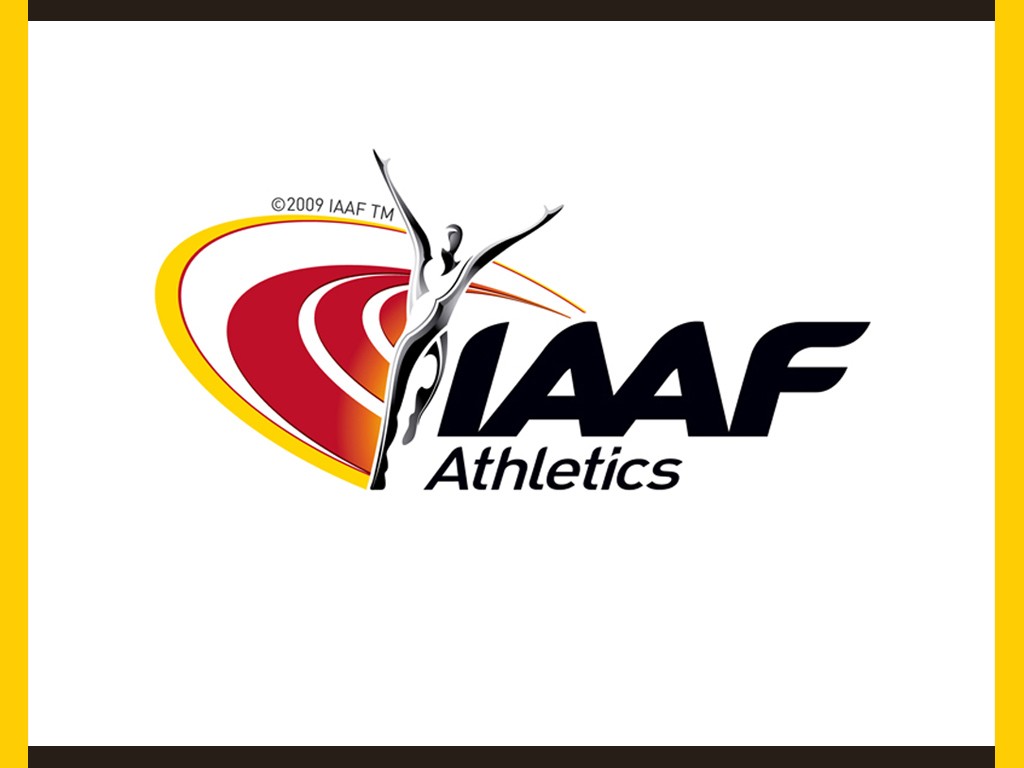The IAAF has sent a detailed response to the allegations that it has “idly sat by” and tolerated rampant blood doping in Athletics, ahead of next week’s appearance by the IAAF before the UK Parliament’s Culture Media and Sport Select Committee’s inquiry into ‘Blood Doping in Athletics’.
The document, which is published on the IAAF website, demonstrates that:
- The IAAF has consistently been a pioneer in the war against blood doping in sport, using every tool available to it to catch blood dopers in athletics and with considerable success.
- The Athlete Biological Passport (ABP) began in 2009. The IAAF in consultation with WADA was the first sports organisation to adopt the ABP across the whole sport.
- Prior to 2009, the IAAF screened nearly 8000 blood samples for potential markers of blood doping, and followed up with thousands of urine tests to detect the presence of rEPO.
That strategy, which continues to this day, has led to 145 athletes being caught with rEPO in their systems (including Rashid Ramzi, one of the athletes highlighted by The Sunday Times), and another eight athletes (including the four Russian athletes highlighted by The Sunday Times) being caught and banned for manipulating the tests in an attempt to evade detection.
The IAAF has created ABP profiles for more than 5500 athletes, based on more than 13,000 ABP samples collected from those athletes.
As a result, 56 more athletes have been caught and sanctioned for blood doping with 13 further cases pending, and 12 more currently in the pipeline. This is significantly more ABP cases than every other anti-doping organisation in the world put together.
- ARD/The Sunday Times and their consultants cannot deny any of this. Instead, they argue that the abnormal values found in the blood screening tests conducted by the IAAF from 2001-2009 (i.e., pre-ABP) were not just indicators of potential doping that could be used to target expensive urine tests for rEPO, but instead constituted “compelling evidence” of blood doping so stating the IAAF should have charged the athletes based on that evidence alone, without the need for any further testing.
- The IAAF fundamentally disagrees with that assertion, and it is not alone. WADA and Dick Pound, the chair of its Independent Commission, have also stated clearly and unequivocally that “no test data derived from the IAAF database prior to the adoption of the ABP in 2009 can be considered to be proof of doping. It would be reckless, if not libellous, to make such an allegation.
- The reported values may be suspicious and lead to targeted testing of the athletes involved, but nothing more could be done with the information”.
In the response published today, the IAAF sets out in detail why that is correct, and why the contrary stance of ARD/The Sunday Times and their retained consultants lacks any scientific or legal basis.
The results of testing of an athlete’s blood samples are only reliable, and may only be fairly compared with the results from other samples in that athlete’s profile. If all of the samples are collected in strict compliance with stringent and standardised sample collection, transport and analysis procedures.
If not, any apparent differences in results from one sample to the next have no scientific validity. Those standardised procedures were only introduced in 2009, with WADA’s adoption of the ABP programme.
The samples collected by the IAAF before that date were not collected pursuant to those procedures. Therefore, while they could be used to help focus expensive urine testing for rEPO on potentially suspicious athletes, they certainly could not be used as evidence of doping in and of themselves.
Furthermore, even if the pre-2009 values had been reliable and fairly comparable with each other, deviations in those values could be caused not by blood doping but rather by innocent factors (such as altitude, exercise, medical conditions, etc.). Therefore, an abnormal value is not evidence of doping, which is a classic ‘prosecutor’s fallacy.
Instead, information has to be gathered so experts can assess and seek explanations for the abnormal readings an athlete’s profile. Only if they conclude that the abnormal reading is highly likely to be due to blood doping, and that no other potential explanation is plausible, can blood doping charges be brought.
But these potentially confounding factors were only fully identified when the ABP programme was adopted by WADA in 2009. Prior to that time the necessary information was not collected by anyone to enable these other factors to be assessed.
As a result, no charge could ever be brought based on the pre-2009 data, for fear of mistaking an abnormal reading for blood doping when it could have been entirely innocent.
Paula Radcliffe’s case illustrates the point perfectly. She has been publicly accused of blood doping based on the gross misinterpretation of raw and incomplete data.
When all of the necessary information is considered, however (as the WADA ABP protocols require), there are clearly plausible explanations for the values in her profile that are entirely innocent.
For example, in two of the cases highlighted by The Sunday Times, the samples were collected immediately after competition (when dehydration causes a decrease in plasma concentration, and so an increase in reported haemoglobin concentration, even though there has been no increase in red blood cells).
Any competent scientist would therefore immediately conclude that they should be disregarded. Furthermore, the IAAF followed up by testing Ms Radcliffe’s urine samples for rEPO, and her blood samples for evidence of blood transfusions, and all of those tests came back negative.
The IAAF is not complacent about doping in its sport. It will continue to use every tool at its disposal to fight doping and protect clean athletes, and hopes that investigative journalists will continue to assist it by unearthing evidence of cheating for it to follow up.
The IAAF also acknowledges the important role of the media in holding it and other anti-doping organisations to account in their efforts to fight doping.
The IAAF cannot sit idly by while public confidence in its willingness to protect the integrity of its sport is undermined by allegations of inaction/incompetence that are based on bad scientific and legal argument. Instead it has both a right and an obligation to set the record straight.
IAAF
Meet The Authors
World Athletics (formerly the International Association of Athletics Federations - IAAF) is the international governing body for the sport of athletics, such as running, jumping and throwing.








